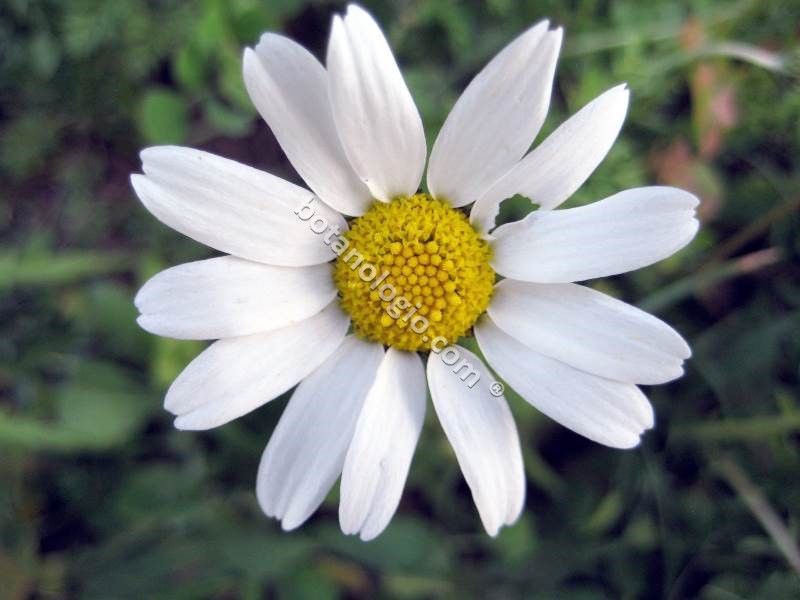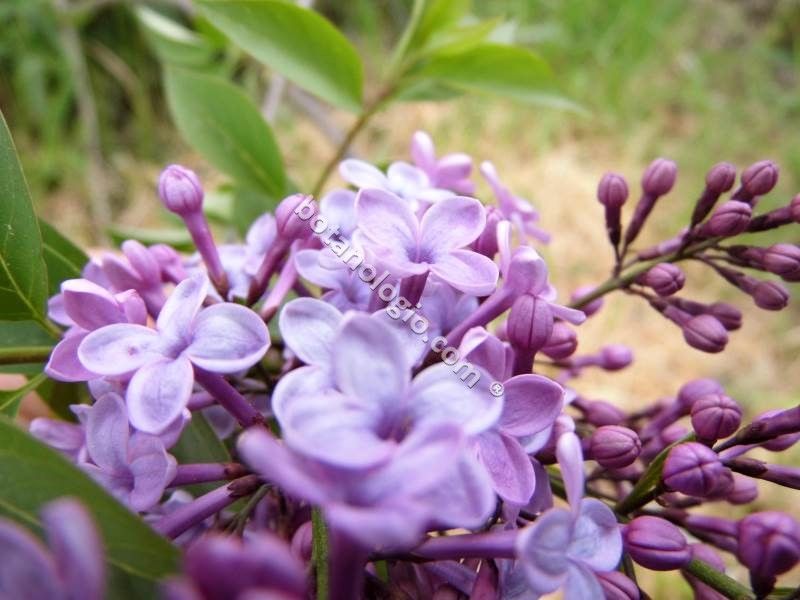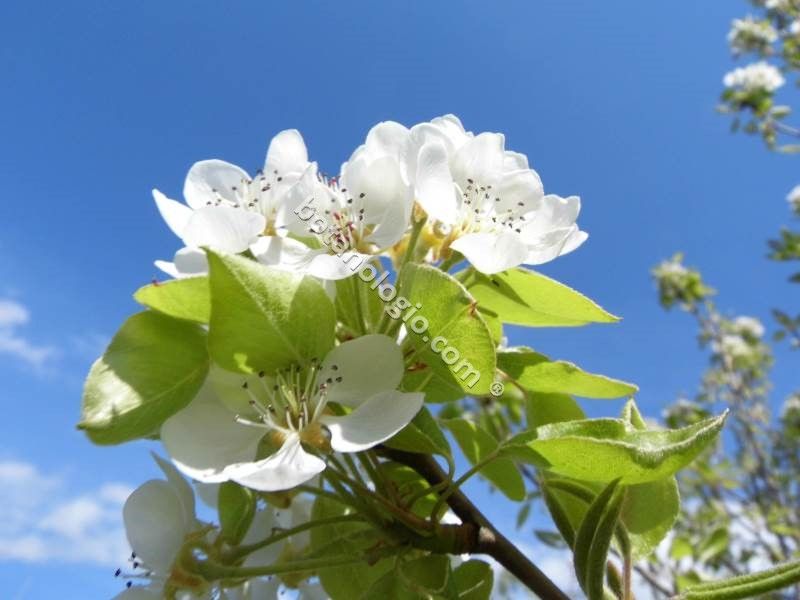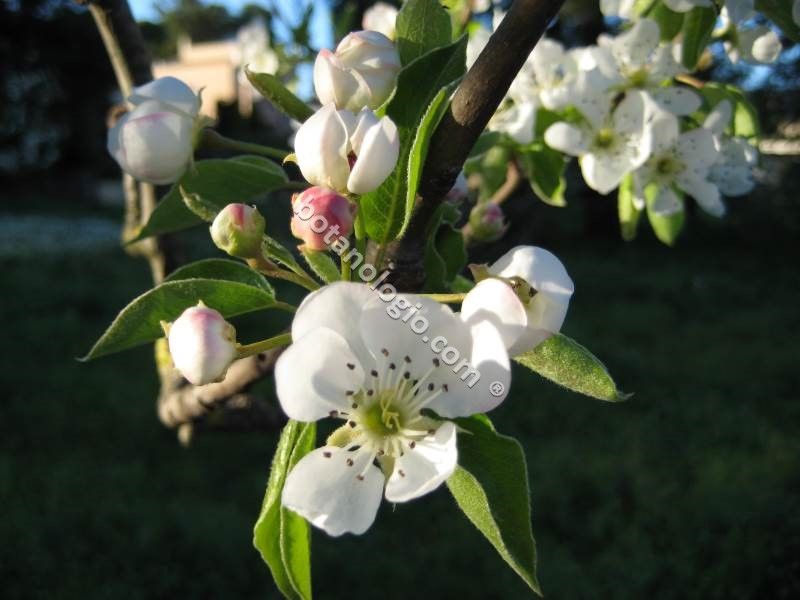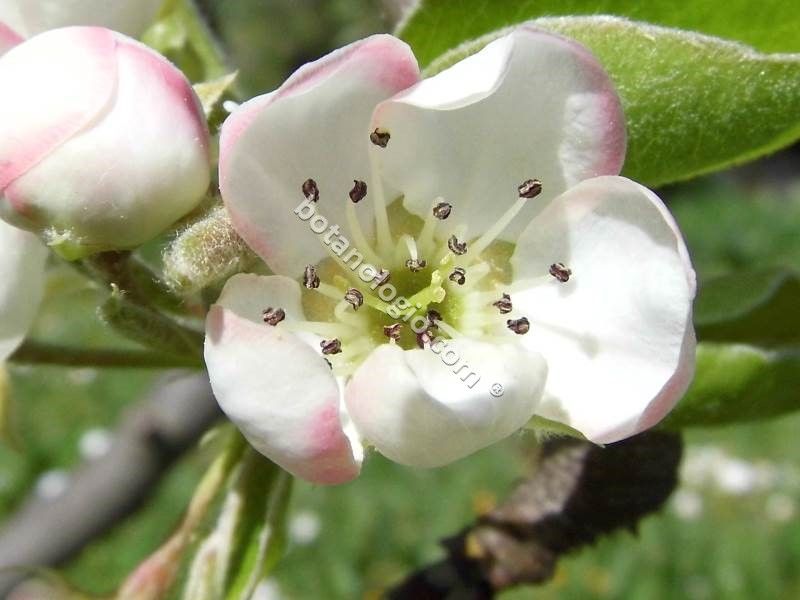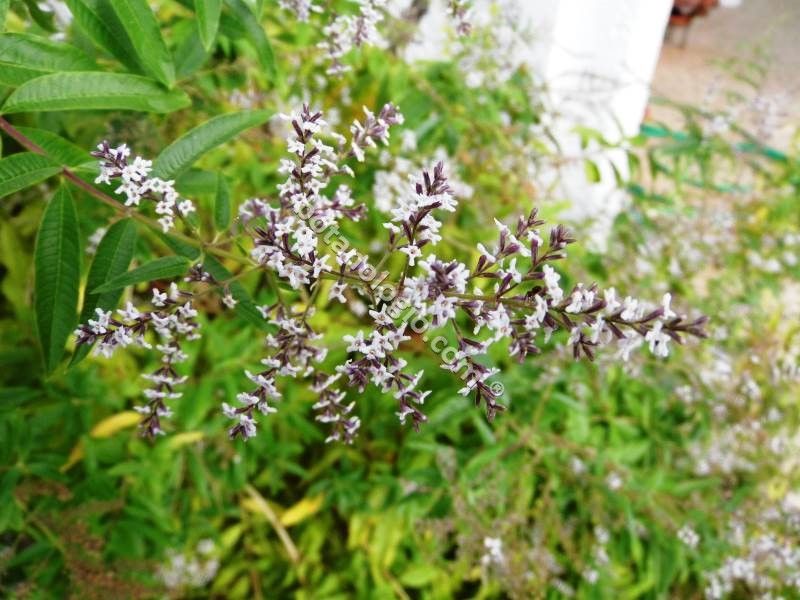16 Herbs for blood pressure

Before talking about herbs for blood pressure and their important contribution to reducing it, it is important to say a few words about blood pressure and the factors that contribute to its appearance.
Blood pressure is the combination of systolic and diastolic pressure, where systolic indicates blood pressure during the heartbeat that pushes blood to the arteries and diastolic shows blood pressure at the walls of the arteries in the gap between beats when the heart is resting.
Normal pressure limits are within 120/80 and less, with 120 being the systolic pressure and 80 being the diastolic pressure.
The pressure rises when the blood presses against the walls of the arteries, causing the heart to become more tired, as the blood dilates and deforms the walls of the arteries. Factors that contribute to the increase in blood pressure are hereditary predisposition, smoking, poor diet, lack of exercise, emotional stress, alcohol, caffeine, birth control pills, obesity, the body’s toxicity from heavy metals.
High blood pressure for a long time is responsible for, and can cause: heart attack, stroke, diabetes, heart failure, kidney disease, vision loss, metabolic syndromes such as high cholesterol, increased waist circumference, difficulty concentrating, memory loss.
Since there are no symptoms that indicate that we may have high blood pressure, it is important to check our blood pressure often. Signs that we need to control our blood pressure are: chest pain, frequent headaches, tinnitus, arrhythmias, fatigue, changes in vision, confusion, frequent nosebleeds.
The most important herbs that lower blood pressure:
Black cumin
Black cumin is considered a powerful healing herb and spice. Daily consumption of the extract reduces blood pressure and cholesterol levels, significantly improving heart health.
Hawthorn extract
The hawthorn, known since antiquity, is rich in flavonoids, and ingredients that enhance heart health. Studies to date show that hawthorn extract has the ability to lower blood pressure, improve blood circulation and at the same time reduce stress levels, a factor that plays an important role in the development of blood pressure. It is considered an important heart-strengthening herb, while you can consume the extract, tea or in the form of a dietary supplement.
Celery and celery seeds
Most of us are familiar with the taste of celery as we use it widely in cooking. However, we do not know its important and safe action for lowering blood pressure, mainly due to its diuretic action, in combination with its nutritional value. You can consume celery in many ways: the leaves and stem in soups, salads, stews, extract drops, added to smoothies and juices, tea, oil.
Garlic
Garlic, famous for improving blood pressure, is a powerful antioxidant and contains allicin, a unique ingredient found only in the Allium family. Garlic lowers blood pressure, cholesterol levels and blood glucose levels. Fresh garlic and dried garlic have more alleles than cooked garlic. If you do not like the taste or the smell of garlic, you can take it in capsule form in dietary supplements. But garlic should not be missing from our diet, as among the many beneficial actions for the heart, it also improves the elasticity of the arteries. Consumption requires caution when done in conjunction with medication, while overconsumption can cause nausea.
Flaxseed
Flaxseed, and of course flaxseed oil, is a rich source of omega 3 fatty acids and alpha linoleic acid. Both ingredients are famous for their cardioprotective action. Like garlic, flaxseed regulates blood pressure, cholesterol and blood glucose. You can add it to many preparations and of course to a healthy breakfast! Prefer to consume ground flaxseed, as otherwise it will pass through the digestive system without releasing its nutrients. 30 grams of flaxseed a day is enough to see results.
Cardamom
This spice, in addition to a wonderful aroma and taste, also offers great nutritional value to our food. It is a powerful antioxidant, and rich in magnesium and potassium, improving heart health. At the same time it lowers the pulse, lowers cholesterol and of course blood pressure. Half a teaspoon a day in your tea is enough to see results within a trimester!
Ginger
The improvement it offers in the blood circulation, shows that ginger can help lower blood pressure, while at the same time relaxing the blood vessels. You can add ginger to hot and cold drinks, food, and even lemony desserts.
Cinnamon
Like garlic, cinnamon is famous for lowering blood pressure and blood sugar levels. It is widely used in cooking, confectionery and of course its addition to tea, cereals with honey, banana with honey and more, gives a unique aroma and taste! Cinnamon does not give long-term results in studies, but it seems that after consumption there is a marked reduction in systolic and diastolic pressure. When we say that it does not give long-term results, we mean that it does not drops the pressure through a treatment but drops it immediately after consumption.
Hibiscus Tea
Studies so far show that hibiscus is an excellent herb for regulating blood pressure. Three cups of hibiscus tea a day for 2 months proves that they can regulate blood pressure in cases of pre-hypertension and moderate hypertension. Hibiscus tea is a bitter tea, so you can combine it with honey or an herb with a sweeter taste like chamomile that helps reduce hypertension due to its relaxing and anticoagulant action. The natural diuretic action of hibiscus eliminates excess sodium from the body, helping to regulate blood pressure. If you are already on blood pressure treatment, do not consume large amounts of hibiscus, or consult your doctor.
Cocoa
Cocoa in its original form is very bitter but gives energy and is a very powerful antioxidant of nature. That’s why dark chocolate is so beneficial. Consumption of dark chocolate or cocoa provides the body with flavonols, noting a small reduction in blood pressure, in addition to other beneficial effects on the body, such as boosting memory.
Beetroot juice
Consumption of both the root and its juice is beneficial for regulating high blood pressure. In fact, daily consumption of a glass of beetroot juice reduces systolic blood pressure.
Lavender
Lavender not only lowers blood pressure but also the heartbeat by offering relaxation both psychologically and in the constricted arteries. You can use lavender both as a tea, essential oil and in cooking.
Green tea
Drink green tea without fear. It is an antioxidant and consumption seems to reduce blood pressure levels but in moderation.
Basil
Basil and more specifically basil extract seems to lower blood pressure, although as with cinnamon, for a short time. It seems to be due to an ingredient that it contains, eugenol, but further studies are needed. Of course the use of fresh basil in cooking will not hurt and may give a little help in lowering blood pressure.
Cat’s claw – Uncaria Tomentosa
One of the few herbs in the world that is not native to Greece, Cat’s claw is a climbing plant with recognized healing properties, native to tropical climates such as South America and China. In Chinese herbal medicine, it has traditionally been used to treat hypertension. Studies to date have shown that it can lower blood pressure levels, without yet knowing to what extent.
Buchu – Agathosma Betulina
We left for the end the hard to find and rare herbs like the African buchu. It has been used for years on this continent, but clinical trials were needed to prove that it is effective in lowering blood pressure. It is a natural diuretic and anti-inflammatory, while it is considered a safe herb. You will find it in the form of a dietary supplement in capsules, in dried tea leaves and in an extract. There is currently no specific dosage but a teaspoon of dried tea leaves is enough. Avoid during pregnancy. Due to its strong diuretic effect, during the months you consume the herb, make sure you get enough potassium as it is lost with urination. Melon, banana, broccoli and sunflower seeds are some of the foods that are rich in potassium.
What else can you do to help control your blood pressure without medication?
Say yes to the Mediterranean diet. Olive oil as well as linseed oil are oils rich in antioxidants. The Mediterranean diet, which is based on olive oil, fruits, vegetables and seafood, is a diet rich in fiber, fatty acids and vitamins, especially magnesium and potassium.
Add to your diet dark chocolate, spinach that is rich in magnesium and folic acid, sunflower seeds also for magnesium and potassium, bananas for potassium and fiber, tomatoes for minerals, vitamins and lycopene, broccoli for potassium and melon for vitamins and especially potassium. All of the above vegetables and fruits contribute to the healthy functioning of the heart, regulate cholesterol and blood sugar levels and lower blood pressure.
Check your body’s magnesium levels and try magnesium-rich foods or supplements. Magnesium can lower blood pressure, especially in people with magnesium deficiency. A diet rich in magnesium has shown in studies that it can reduce systolic blood pressure by 2 mm Hg, which is important in cases of moderate hypertension. Do not take supplements if you do not have a deficiency, as it has side effects such as feeling tired, dizzy and diarrhea.
Add omega-3 fatty acids to your diet. Eating fatty fish such as sardines that are safe and free from the fear of heavy metals in contrast to large fish, is the best you can offer your body. Studies have not yet concluded on lowering blood pressure, but they are settled on the beneficial effect of protecting the cardiovascular system, longevity and skin health.
Include exercise in your daily routine to improve blood circulation and reduce stress levels. Yoga and tai chi are very good exercises that improve blood circulation, improve elasticity and eliminate stress.
Avoid foods that raise blood pressure. Of course everything that contains salt, ie processed foods, the overconsumption of sugar and sweets, pickles and canned food. Cut down on coffee, smoking and alcohol if you can not quit.
Fragrance your space and your cosmetics with essential oils that help relax the nervous system, such as lavender, sage, frankincense and ylang ylang.
Precautions
Before you decide to start an active diet, consult your doctor first, especially if you are already on medication, as some herbs interact with specific medications. If you have a kidney problem or are on medication, avoid increasing potassium intake without medical advice.
Because herbal studies for hypertension are still ongoing, choose prevention over severe hypertension as they may not yet be able to replace medication.
basil, beetroot, Black cumin, Buchu, Buhu, cardamom, cat's claw, celery, cinnamon, cocoa, fatty acids, flaxseed, garlic, ginger, green tea, hawthorn, herbs, herbs for hypertension, herbs for regulating blood pressure, herbs for stress, lavender, magnesium
